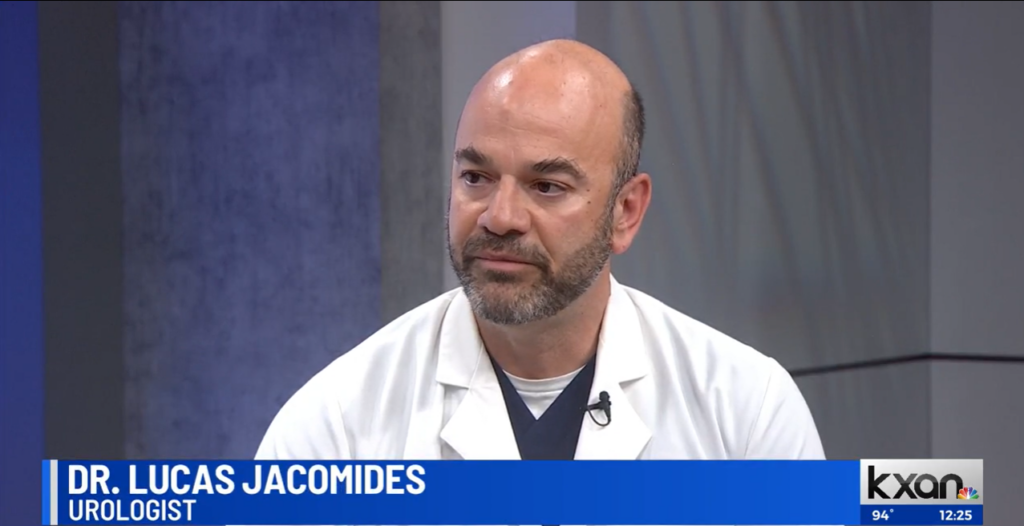
Get help for premature ejaculation, or PE
A common sexual complaint among men, premature ejaculation, or PE, is when a man ejaculates sooner than he or his partner would like during sex, with it occurring frequently and for a prolonged period. It does not refer to occasional early ejaculation, which is normal and not a cause for concern. Our North Austin urology specialists can diagnose and treat this sexual dysfunction, improving men’s quality of life. While PE is not physically harmful to men, it can have significant impacts on a man’s self-esteem, sex life and relationships. Because men often feel uncomfortable discussing it, PE often goes untreated. It’s important for men to know that this condition is often treatable and worth discussing with a urologist.
Defining and diagnosing premature ejaculation
A man should be evaluated for PE if certain symptoms are present.
- Unintentionally ejaculating within one to three minutes of penetration
- Not able to delay ejaculation during sex
- Has experienced this for more than six months
- Feels frustrated or embarrassed by his sexual experiences
- Has no other medical cause for PE
Your urologist will do a physical exam and take a medical and sexual health history, including questions about your experience with premature ejaculation and how it’s affecting you and your relationships.
Causes of PE
While the exact cause for early ejaculation is not known, our North Austin urology specialists explain that the factors that contribute to it can be psychological, physical or some combination of both. Several psychological or emotional issues might lead to PE.
- Stress
- Depression
- Relationship problems
- Poor self-esteem or body image
- Early sexual experiences
- Sexual abuse
There are also possible physical causes.
- Irregular hormone levels
- Irregular levels of brain chemicals
- Inflammation of the prostate or urethra
- Inherited genetic traits
- Erectile dysfunction
Help for men with sexual dysfunction
If you experience erectile dysfunction, you can be at increased risk of this condition for both physical and psychological reasons. Having trouble keeping an erection may lead to rushing through sex or being concerned about keeping an erection during sex. Treating erectile dysfunction can often lead to improvement in PE. North Austin Urology provides an overview of erectile dysfunction and possible treatments. There are many potential treatments for premature ejaculation. If you are experiencing premature ejaculation and want to begin discussions with our urologists about how you can treat it, contact our North Austin urology specialists.














